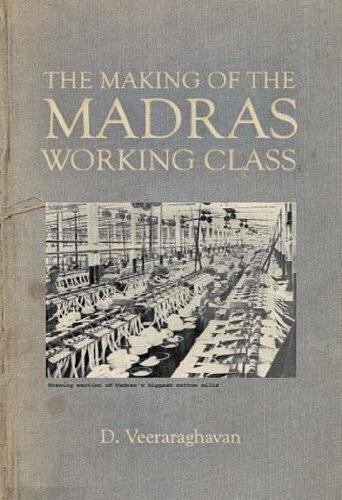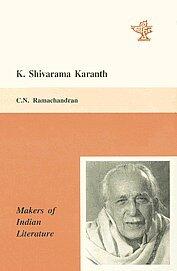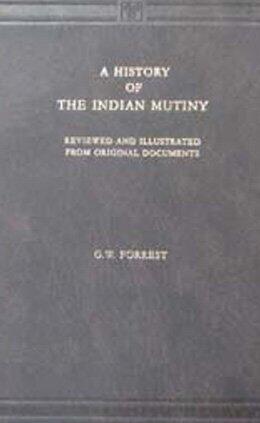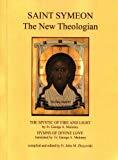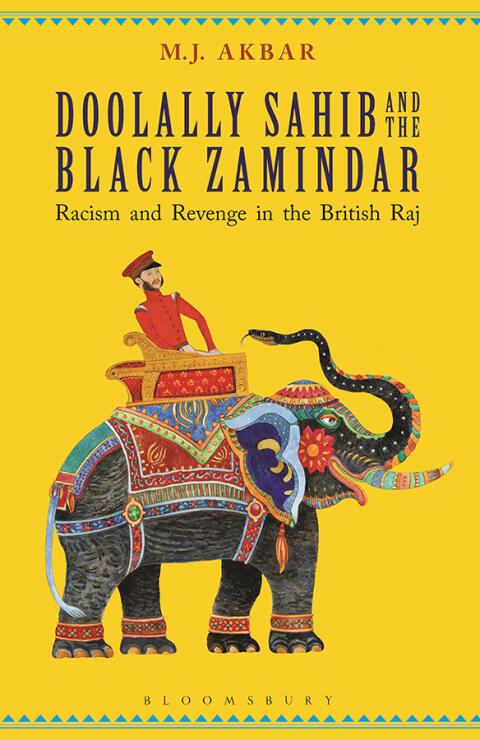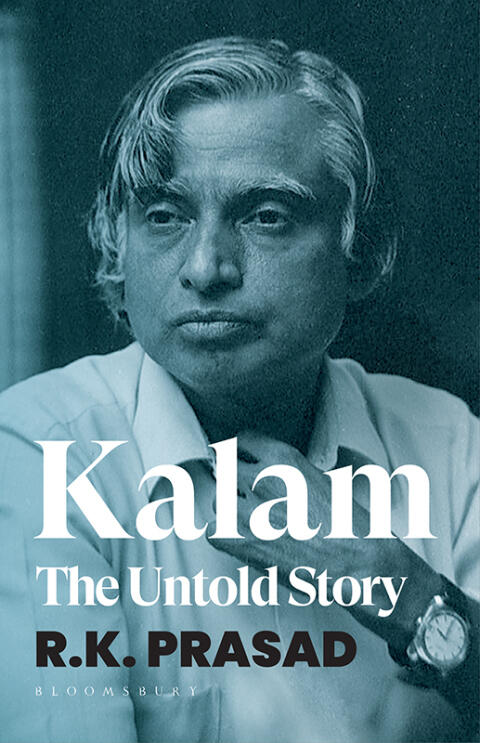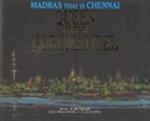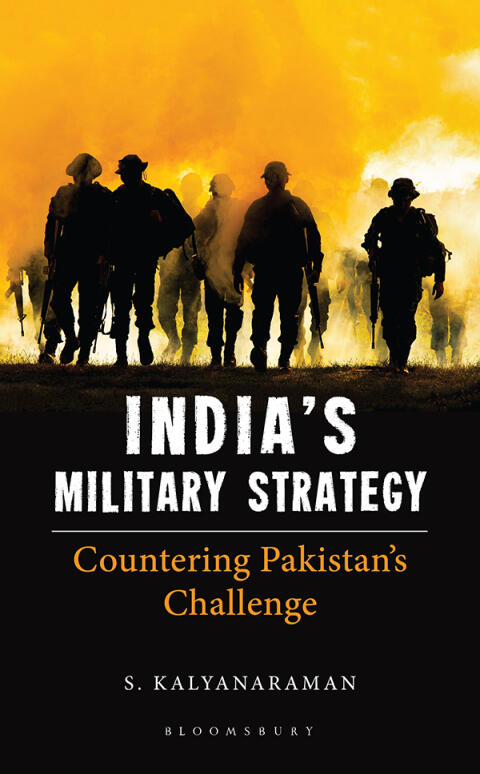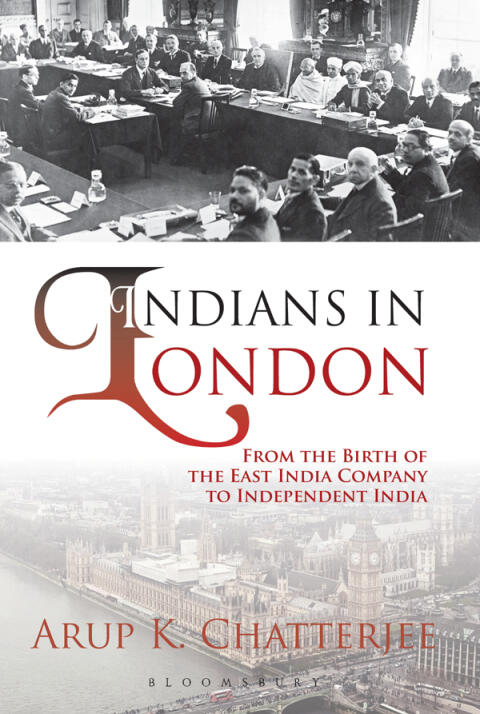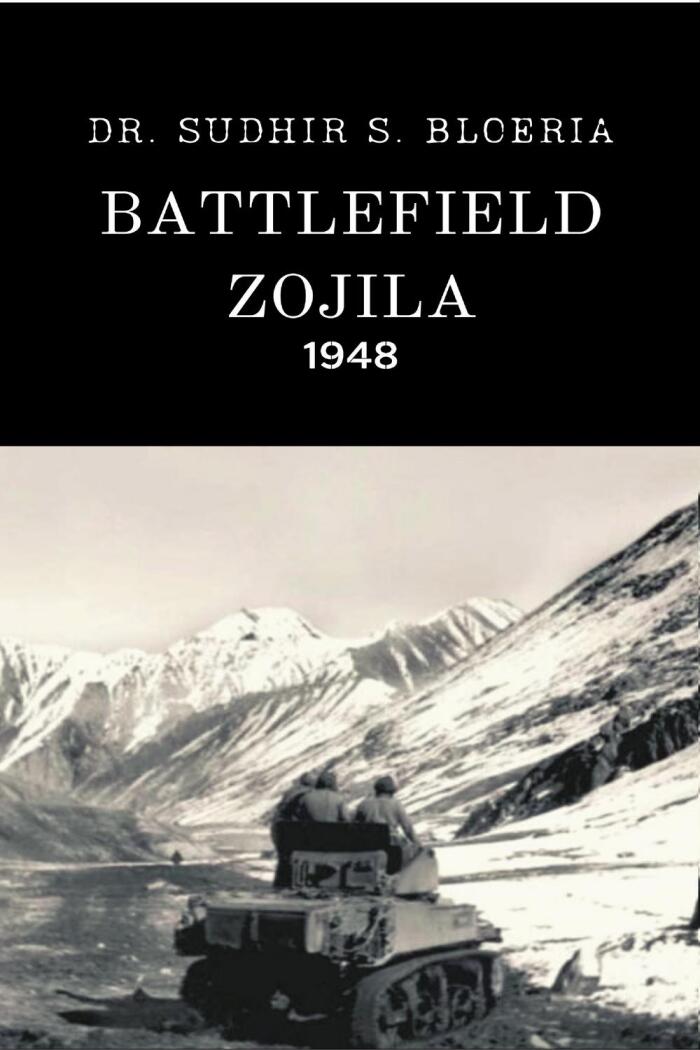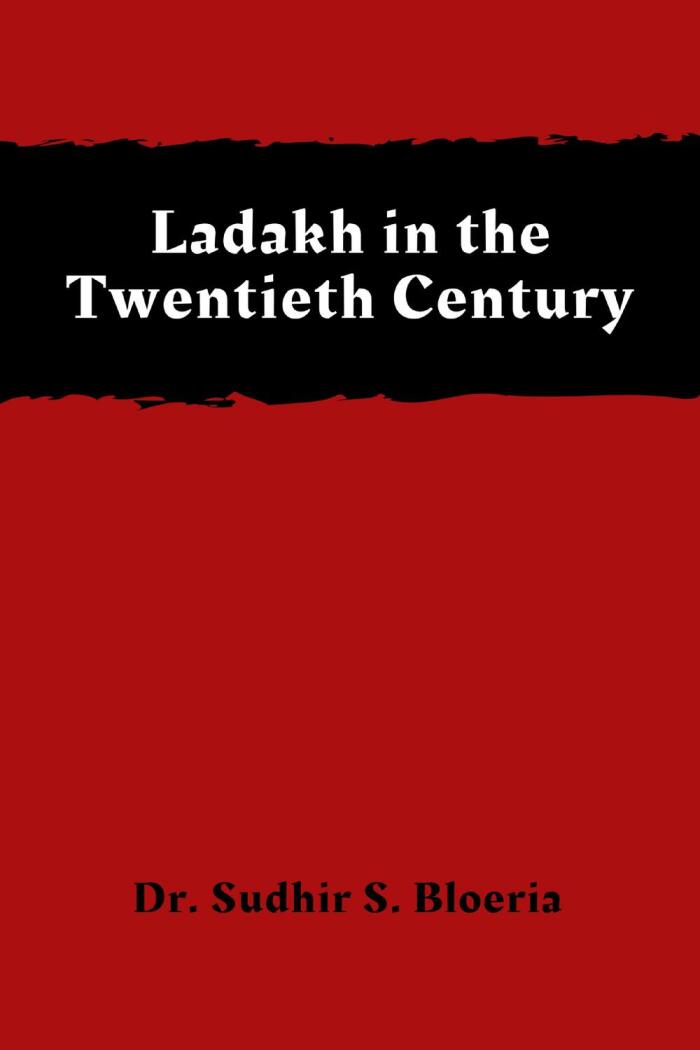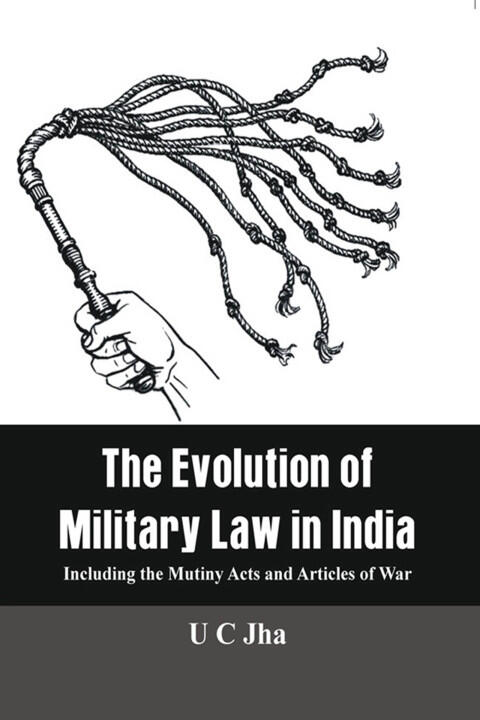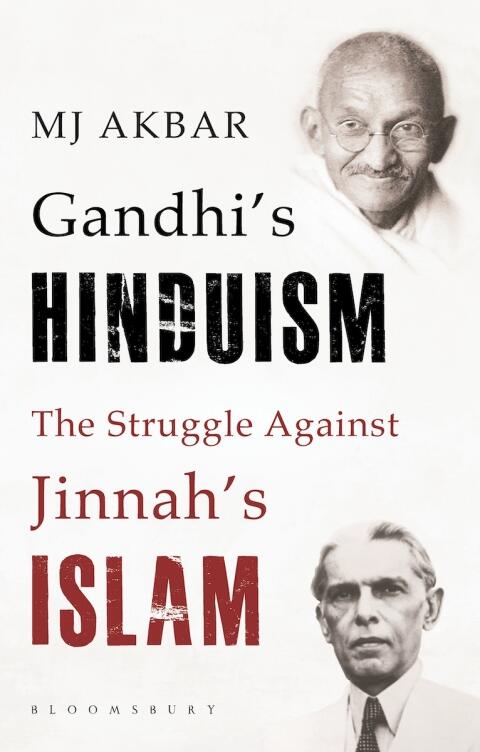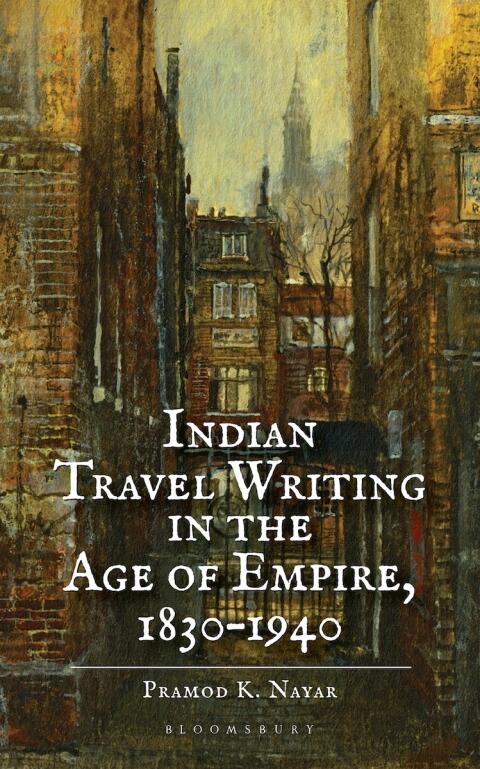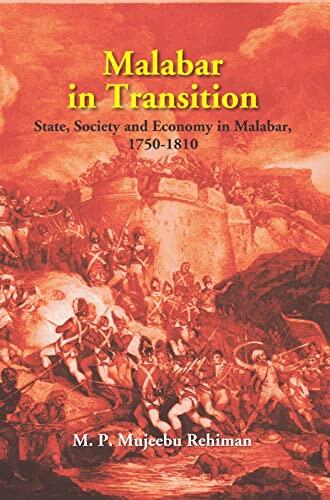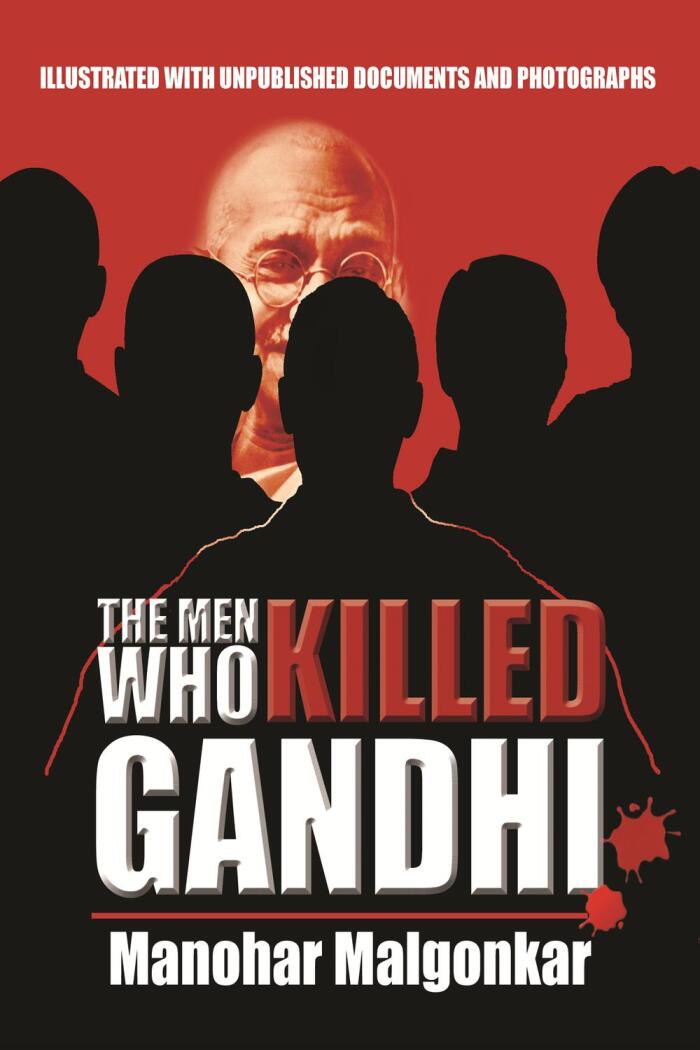
The Men Who Killed Gandhi
لا توجد تقييمات بعد
History
تنسيق
كيندل
صفحات
392
لغة
الهندية
منشور
Jan 1, 2008
الناشر
Roli Books
الطبعة
1
رقم ISBN-10
9351940837
رقم ISBN-13
9789351940838
الوصف
Set against the backdrop of a tumultuous period in Indian history, this narrative delves deep into the minds and motivations of those involved in one of the nation's most infamous assassinations. Each character is meticulously crafted, revealing not only their actions but also the socio-political landscape that shaped their decisions. The story intertwines personal beliefs with nationalistic fervor, painting a vivid picture of the complexities that led to such a profound act of violence.
The authors, Pramod Kapoor and Manohar Malgonkar, explore the intricate web of relationships and ideologies that surrounded Mahatma Gandhi and his eventual assassins. They thoughtfully dissect the varied influences that drove these individuals, bringing a human element to historical figures often regarded from a distance. As readers are drawn into this gripping narrative, they encounter a blend of intrigue, controversy, and moral conflict that challenges conventional perceptions of heroism and villainy.
Through detailed research and compelling storytelling, the book presents a nuanced exploration of righteousness and fanaticism, questioning the very nature of justice. The chilling realities of a nation on the brink of change resonate throughout the pages, leaving readers to ponder the lasting impact of Gandhi’s death on the fabric of India.
This work is more than just a recounting of past events; it is a vital examination of ideology, the power of conviction, and the tragic consequences of political extremism. Engaging and informative, it stands as a testament to the enduring struggle for peace and understanding in a world often marred by violence.
The authors, Pramod Kapoor and Manohar Malgonkar, explore the intricate web of relationships and ideologies that surrounded Mahatma Gandhi and his eventual assassins. They thoughtfully dissect the varied influences that drove these individuals, bringing a human element to historical figures often regarded from a distance. As readers are drawn into this gripping narrative, they encounter a blend of intrigue, controversy, and moral conflict that challenges conventional perceptions of heroism and villainy.
Through detailed research and compelling storytelling, the book presents a nuanced exploration of righteousness and fanaticism, questioning the very nature of justice. The chilling realities of a nation on the brink of change resonate throughout the pages, leaving readers to ponder the lasting impact of Gandhi’s death on the fabric of India.
This work is more than just a recounting of past events; it is a vital examination of ideology, the power of conviction, and the tragic consequences of political extremism. Engaging and informative, it stands as a testament to the enduring struggle for peace and understanding in a world often marred by violence.



